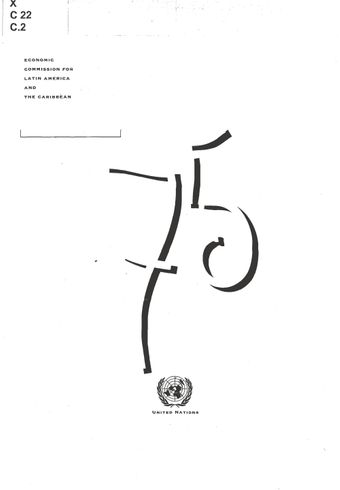-
Raúl Prebisich on ECLAC’s achievements and deficiencies: An unpublished interview
- Source: CEPAL Review, Volume 2001, Issue 75, Dec 2001, p. 9 - 22
- Spanish
-
- 28 Dec 2001
- Previous Article
- Table of Contents
- Next Article
Abstract
This issue of CEPAL Review attests to the lasting influence of Raúl Prebisch’s ideas and policies on development in Latin America and the Third World in general. Prebisch’s thesis of unequal exchange and his conception of the world economy as organized in a Centre-Periphery relationship, however controversial, has earned him a recognized place in the history of development thought. Through ECLAC and later UNCTAD, Prebisch’s ideas affected governments and institutions throughout Latin America and around the world. The theoretical origins and evolution of Prebisch’s thought have received extensive treatment by economists and historians. Yet how Prebisch built his team at ECLAC and how he conveyed his theses at the regional and international levels have not been widely treated. The following interview given by Prebisch to his longtime assistant and friend, David Pollock, goes a long way toward filling that gap. In this conversation, conducted in 1985—a year before his death—Prebisch reviews some of the key moments in his life and that of ECLAC. The material covers the period from 1948 to 1963, from Prebisch’s incorporation into the organization up to the early sixties, when he left ECLAC to become the first director of the United Nations Conference on Trade and Development (UNCTAD).





